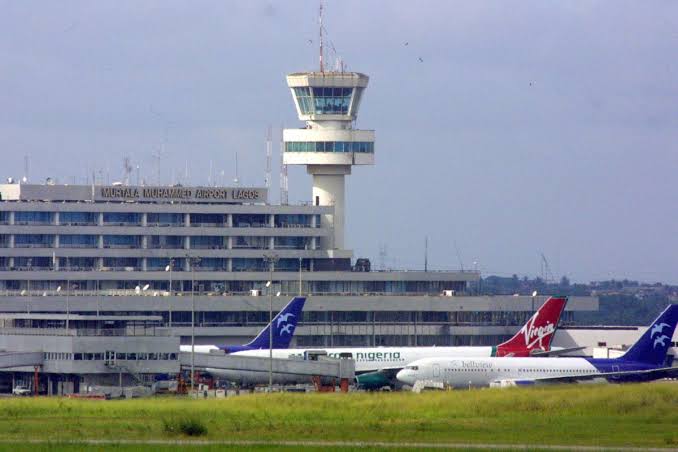By Chidi Ugwu
The Nigerian Safety Investigation Bureau (NSIB) has issued a comprehensive response to recent concerns about the safety of Nigerian airports, clarified its role in the investigation of the helicopter crash involving the late Herbert Wigwe, and provided updates on its expanded mandate covering all modes of transportation in Nigeria.
The response is contained in a statement signed by Mrs. Bimbo Olawumi Oladeji
Director, Public Affairs and Family Assistance
Nigerian Safety Investigation Bureau.
In reaction to a statement by the U.S. State Department suggesting that Nigerian airports are generally unsafe, NSIB Director General, Captain Alex Bade Jr., spoke on Arise TV to refute this broad assessment. He acknowledged that while there is room for improvement-particularly regarding perimeter fencing and occasional wildlife intrusion-these challenges are not unique to Nigeria and are experienced at airports worldwide, including in the United States.
Captain Bade Jr. emphasized, “It’s unfair to generalize that our airports are totally unsafe. We recognize the need for continuous improvement, and we commend the efforts of the Federal Airports Authority of Nigeria (FAAN) in implementing upgrades.”
Addressing reports of an aircraft encountering animals on the runway at Asaba Airport, Captain Bade Jr. clarified that the aircraft sustained no damage and safely continued its flight to Abuja. The incident was reported to the Nigerian Civil Aviation Authority (NCAA) but did not warrant NSIB involvement due to the absence of significant safety issues. The Bureau plans to engage with the private airport management to discuss best practices to prevent such occurrences, which remain rare in Nigeria.
Regarding the helicopter crash that claimed the life of Herbert Wigwe, Captain Bade Jr. corrected misconceptions about NSIB’s role. He explained that the U.S. National Transportation Safety Board (NTSB) led the investigation, with NSIB serving as an interested party kept informed throughout the process.
The NTSB’s report identified spatial disorientation as the probable cause of the accident and highlighted systemic deficiencies in the operator’s oversight and safety management. Captain Bade Jr. stressed the importance of addressing these systemic issues rather than solely attributing blame to the pilot, noting, “The flight risk assessment should have indicated a higher risk, and the safety management system should have mitigated these risks.”
Captain Bade Jr. also provided an update on the NSIB’s broadened responsibilities under the 2022 Establishment Act. The Bureau is now the sole accident investigation agency in Nigeria, covering air, rail, road, and maritime transport.
“We are developing comprehensive frameworks, including maritime investigation regulations, training manuals, and investigation policies. The maritime and rail frameworks are complete, and we are actively engaging stakeholders for their support,” he said.
The NSIB reaffirmed its commitment to promoting transport safety through objective, thorough, and accurate investigations aimed at identifying causes and recommending safety improvements.











